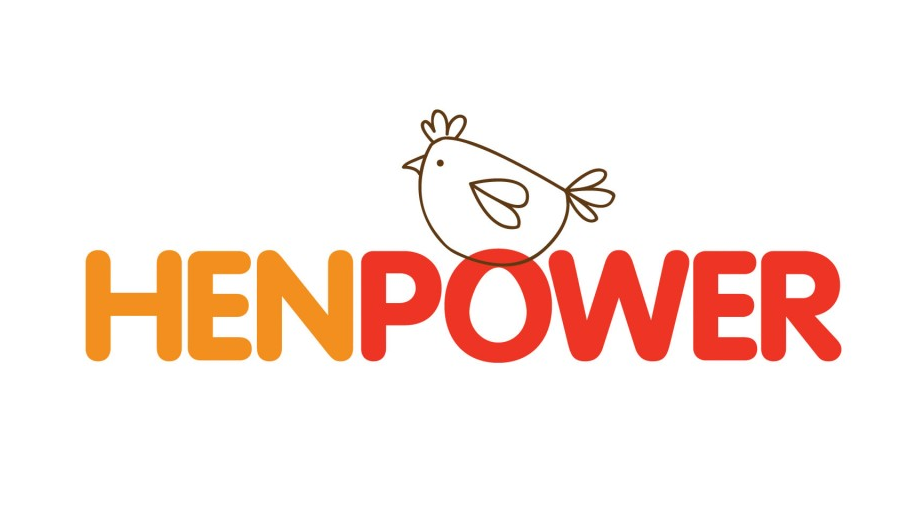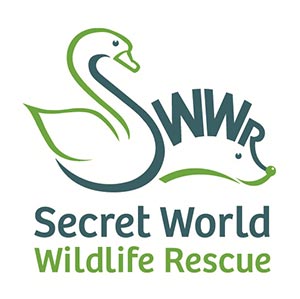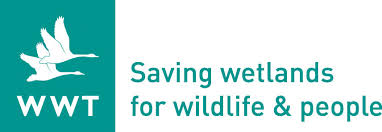I love the joy my Grandkids found when visiting from Sacramento When they found chicken eggs hatching out in the two Octagon 40 incubators! Here's my Grandson - watching the chicks hatching out in the...
Paul Albertson, Lakeview, Oregon. USA
Read full testimonial





